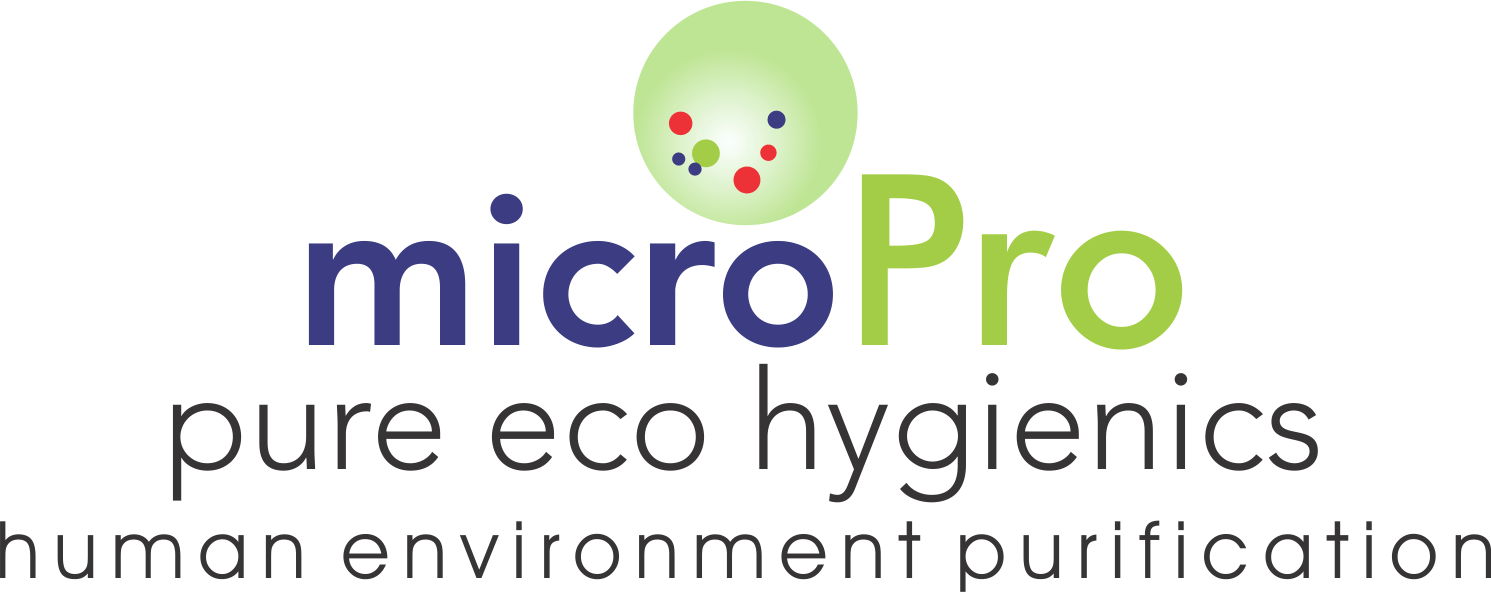Born in the age of Antibiotic Resistance
- Colleen Speirs
- Apr 26, 2020
- 4 min read
Updated: May 14, 2020
Is this something that you have considered? - The public is bombarded with advertisements advocating the use of biocides in the home. The implication is that our homes are dangerous places, heavily contaminated with virulent microorganisms, and the only way to ensure the safety of one's own health and our children is to use disinfectants liberally.
But here's the thing, as the use of biocides/disinfectants in the home, business and healthcare system continues to increase, so does the risk of a selection of biocide-resistant strains increasing.
Owing to the links between biocide resistance and antibiotic resistance there is a real risk that continued widespread biocide use could exacerbate the already worrying trend towards increased antimicrobial resistance in clinically relevant organisms.
In order to understand and control biocide and antibiotic resistance it is essential that more effort is put into recording and surveillance so that we can understand the impact of the use of antimicrobial agents on the epidemiology of resistant organisms.
Only using antibacterial cleaning products, including disinfectants in our homes, may be producing strains of bacteria that are resistant to multiple antibiotics. Bacteria that are resistant to many antibiotics are known as multi-resistant organisms (MROs).
We are led to believe that all bacteria in our homes are mostly harmful and brand advertisements suggest a number of antibacterial and antimicrobial disinfectants available for our use such as soaps and detergents, hand lotions, disinfectants, window cleaners, cleaning cloths, surface sprays, mouthwashes, toothpastes, garbage bags plastic wraps and many more. Many textiles and carpet underlays contain antibacterial agents such as triclosan. We agree that these ingredients are valuable in hospitals and other healthcare settings, but their effectiveness could be compromised by unnecessary domestic use. In fact, widespread use in the home could make some bacteria resistant to these antibacterial substances.
Do our cleaning products contribute to antibiotic resistance?
At microPro, we believe they do, this can be caused from a number of reasons, such as, there is an inadequate amount of the antibacterial or antimicrobial agent in these cleaning products to destroy bacteria completely. It is important to note that when exposed to antibacterial or antimicrobial cleaning products, most bacteria will die, but some may survive and multiply. These strains can become resistant to antibiotics and disinfectants. This is our major challenge as world citizens, as resistant strains of bacteria can lead to increased infection risk in the community, and in hospitals and other healthcare settings.
Additionally, the disinfectant more often than not, is not applied correctly and mixed according to manufacturers instructions. Human mindset that “more is better”. Antibacterials such as triclosan can enter the environment and accumulate over time, leading to antibiotic resistance. The World Health Organization refers to antimicrobial resistance as “a looming crisis in which common and treatable infections are becoming life threatening”. COVID-19 has spelt this out clearly.
Most bacteria are beneficial
Believe it or not, most bacteria actually help us humans. Intestinal bacteria help us to digest food. The ‘good’ bacteria that naturally live on and inside our bodies help us stay healthy by keeping the numbers of ‘bad’, disease-causing bacteria under control.
When you only use antibacterial or antimicrobial cleaning products, good bacteria are also killed. This could be harmful if the ratio of good to bad bacteria is disturbed, and bad bacteria get the upper hand. Using microPro’s Probiotic Infection Prevention Control surface cleaner to clean our homes, offices and public spaces ensures an all round healthy environment and balances the effect of only using antibacterial products. Using our unique nano-tech antimicrobial air and surface sanitiser, ensures that you use less antimicrobial, less often, as it provides protection for up to to 28 days on all surfaces and does not wash off when doing general daily cleaning.
Antibacterial cleaning products and allergies
It has also been suggested that some exposure to certain microbes may actually help regulate the immune system. This exposure may reduce the body’s tendency to develop an allergic reaction against common allergens. This is based on the observations that growing up in a large family, being in child care from a young age and living with household pets seem to reduce the chances of developing allergic disease. Definately, more research in this area is required, but current understanding and our personal experience and the numerous case studies in using Environmental Probiotic Infection Control products to significantly reduce the risk of infectious disease, seems to suggest that the immune system of both children and adults may need some exposure to bacteria and other microbes in order to function at their best.
Antibiotic Resistance in the World’s biggest health challenge and according to estimates taken in 2016, more than 200 000 newborns die each year from infections that do not respond to available drugs. And studies using data from larger hospitals – where microbes are more likely to develop antibiotic resistance – estimate that about 40% of infections in newborns resist standard treatments. Wouldn’t you agree, that with these types of stats, we should seriously reevaluate our daily approach to health and hygiene?




Comments